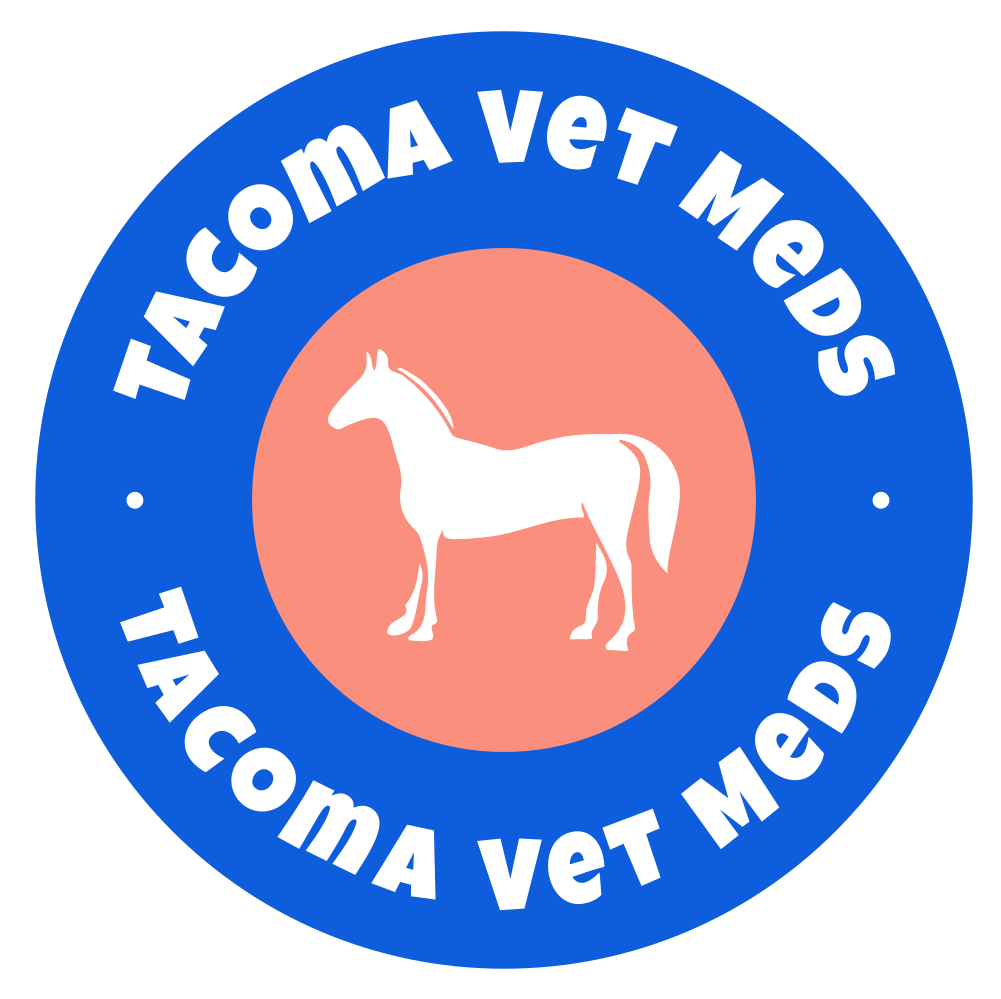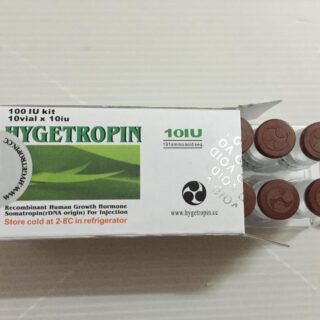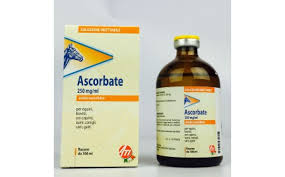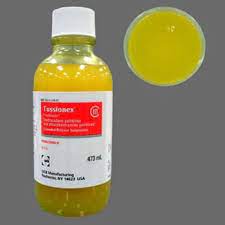Symptoms, Causes & Emergency Action
How to Treat Colic in Horses. Colic is one of the most common—and potentially serious—health emergencies in horses. It refers to abdominal pain that can stem from various gastrointestinal issues. Understanding the signs, causes, and immediate actions you should take could mean the difference between life and death for your horse.
At Tacoma Vet Meds, we offer equine medications that support digestive health and emergency care. In this guide, we’ll help you identify colic, understand its causes, and know what to do when every second counts.
What Is Colic in Horses | How to Treat Colic in Horses
Colic is a general term for abdominal pain in horses. It can range from mild discomfort to life-threatening intestinal twists or blockages. Because horses cannot vomit, even minor digestive issues can escalate quickly.

Common Symptoms of Colic in Horses
Early recognition is critical. Call your vet immediately if you notice any of these signs:
-
Pawing at the ground
-
Looking at or biting the flank
-
Repeatedly lying down and getting up
-
Rolling or attempting to roll violently
-
Sweating excessively
-
Lack of appetite
-
Reduced or no gut sounds
-
Constipation or absence of manure
-
Elevated heart rate and breathing
Time is crucial — the sooner you act, the better the outcome.
What Causes Colic?
Colic can be caused by several factors, including:
1. Gas Buildup
Often caused by diet changes, poor-quality feed, or overeating.
2. Impaction
Blockage in the intestines due to dehydration, sand ingestion, or poor dental health.
3. Twisted Intestine (Torsion or Volvulus)
A surgical emergency that cuts off blood supply.
4. Parasite Infestation
Large loads of worms can disrupt normal gut function. Regular deworming with products like Ivermectin for Horses can help prevent this.
5. Stress or Sudden Diet Changes
Sudden feed transitions, lack of turnout, or transport stress may trigger colic.
Immediate Action: What to Do If You Suspect Colic
Step 1: Call Your Veterinarian Immediately
Do not wait it out. Colic can worsen rapidly.
Step 2: Walk Your Horse
Gently walking your horse can help relieve mild gas buildup and keep them from rolling.
Step 3: Remove Feed & Monitor Water Intake
Keep hay and grain away until your vet advises otherwise. Encourage small sips of water.
Step 4: Monitor Vital Signs
Track heart rate, temperature, and gut sounds. This helps your vet assess severity.
Step 5: Avoid Self-Medicating Without Approval
Never administer medications like Flunixin Meglumine (Banamine) without veterinary instruction—it may mask symptoms of a serious issue.
Vet-Recommended Medications for Colic-Related Support
-
Flunixin Meglumine – NSAID for pain relief and inflammation
-
Electrolyte Powders – Help prevent dehydration, especially during hot weather
-
Ivermectin or Moxidectin – For routine deworming and parasite prevention
-
Probiotics & Digestive Enzymes – Support gut health and reduce gas
Shop our full equine health collection: View Products
When Does Colic Require Surgery?
Your vet may refer your horse to a surgical center if:
-
Pain is unresponsive to medications
-
There is evidence of intestinal displacement or torsion
-
No manure has passed in 12+ hours
-
Shock symptoms appear (cold limbs, dark gums)
In such cases, fast transportation and surgical intervention are critical.
How to Prevent Colic
-
Feed high-quality hay and avoid sudden feed changes
-
Provide clean water at all times
-
Allow for regular turnout and exercise
-
Deworm on schedule (see our deworming products)
-
Schedule annual dental checks
Trusted External Resource
For more in-depth colic knowledge, check out:
AAEP: Colic in Horses – American Association of Equine Practitioners
Final Thoughts
Colic is a scary word for any horse owner, but being prepared, educated, and observant can save your horse’s life. Keep essential medications on hand, follow prevention strategies, and always have your vet’s contact info ready.
At Tacoma Vet Meds, we’re committed to providing affordable, high-quality medications for horses, camels, dogs, cats, and more.
Have questions about treating colic or managing equine care? Contact our team — we’re here to help.
Social Snippet:
Colic in horses is serious—learn how to spot symptoms early, act fast, and prevent future episodes. Vet-backed guide + recommended meds from Tacoma Vet Meds.







Leave a Reply